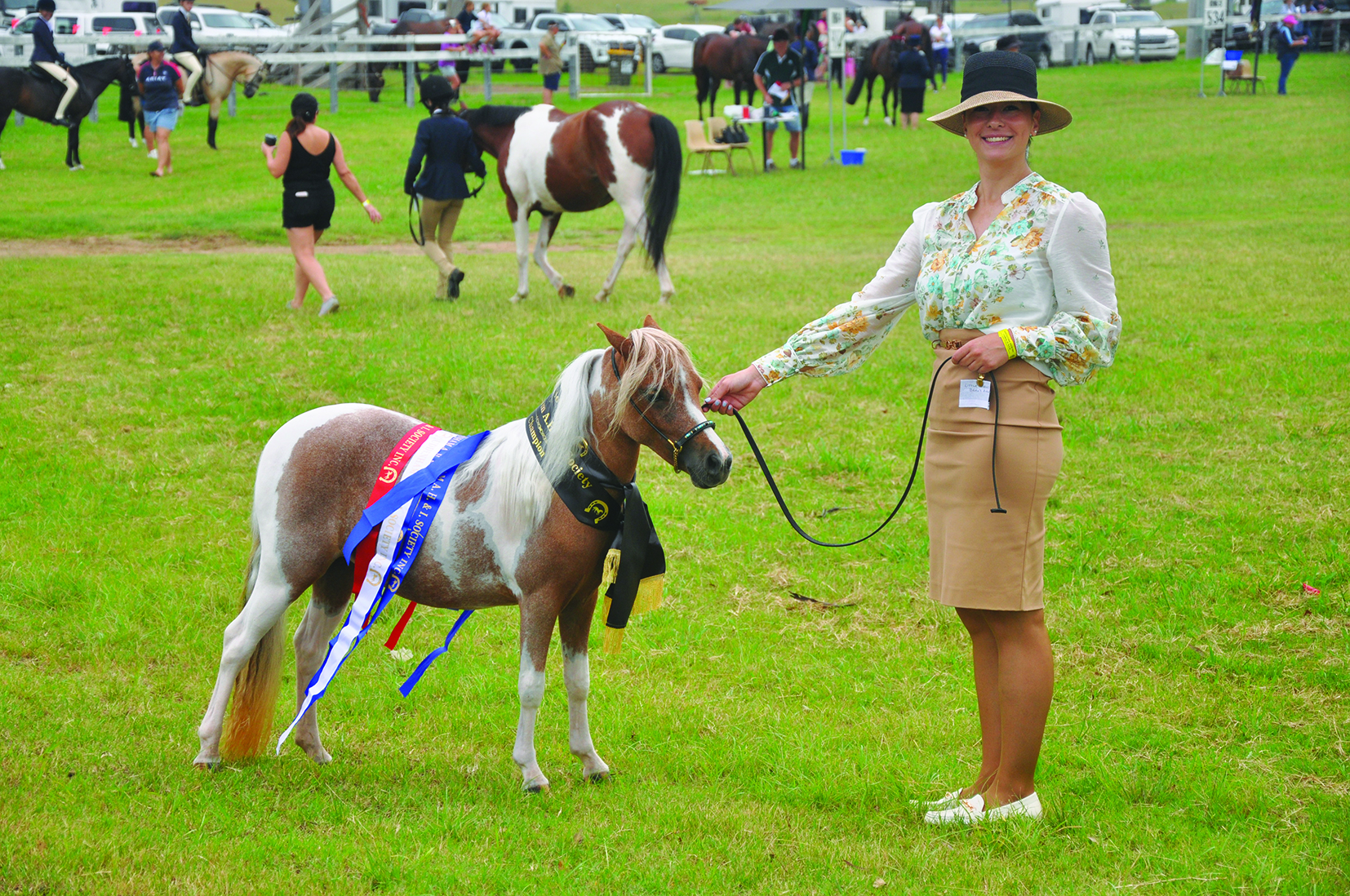Photo of the Penrith Railway Coal Elevator courtesy of Australian Railway Historical Society.
By Lyn Forde – President/Research Officer of St Marys & District Historical Society Inc.
In 1918 an inquest was held at Penrith Court House into the death of Spencer Alfred Payne. He was born in Newcastle in 1857 and married Elizabeth Fisher in St Stephens Church at Penrith in 1876. She was born in Castlereagh, and they had eight children. Spencer’s first occupation was splitting wood with his father a bushman. First witness was John Scott an engine driver employed by the railway said that he arrived at Penrith at 8.15 am on the 91 down-line passenger train with engine 90 and detached his engine from the train at the southern or down platform for the purpose of crossing to the up-line to the loco yard to prepare the engine for further service and when going forward to the western end of the platform he noticed Spencer coming towards the downline from the southern side and noticed the 192 passenger train coming in from the Mountains. Spencer walked to the side of the downline then turned and walked along the line in the space between it and the No 1 carriage road. John said they were travelling about four or five miles an hour when he shut off the steam, knowing that he could cross over the down and up lines which was the usual route. Spencer was then fully 20 yards away and continued walking westward, but the train was gaining on him all the time and he sounded the whistle frequently to warn him that the train was approaching. About eight yards from him he thought that Spencer might cross and would stop, and he continued whistling with the right hand and applying the break with the left and he looked out, but Spencer had disappeared. He asked his mate Walter if Spencer had crossed the line and come out on his side, but he replied “No”. At this time the engine had come to a standstill, so he got down to see where Spencer was and saw him lying on the four-foot about two yards from the back of the engine and saw that he was dead. Walter and others came on the scene and saw a hat and tucker tin lying about five yards nearer the station and at the side of the line Spencer’s big coat was in the four-foot. He said that crossing the lines to sign on that way to the shed was a little nearer the station, but because of the passenger train it caused Spencer to go a little further west. Employees however, crossed anywhere between the station and the sheds over 200 yards as it seemed best to them at the time and there was a rule that employees when crossing the lines must keep a look-out and not expose themselves to danger. He had no thought that Spencer was in danger when he first saw him, especially as he was such an experienced hand, and it was not until he was within eight yards of Spencer, he thought it wise to continue sounding the whistle and applying the brake. The engine pulled up two yards beyond its own length when he applied the brake. He was not aware that Spencer was deaf because he was walking in his usual way with his head down as if thinking, and the whistling was more than an ordinary warning and he did not see Spencer step in front of his engine as he applied the break. Walter Pullman the fireman said they arrived with the down-passenger train from Parramatta at the Penrith down-platform and after detaching the engine for loco purposes they went forward to change over to another line and about 30 yards away John started applying the brake and blowing the whistle and the engine came almost to a standstill. John asked him if Spencer had crossed over in front of the engine to his side and he said “No”. The engine was still from the time that they left the station, to the time it stopped. He was looking out his side but did not see Spencer at all and when John applied the brake, he instantly applied his hand brake thinking there must be some reason for John to apply the brake and keep on whistling. He could see Spencer lying there and John got down and found Spencer lying about five or six foot behind the engine. Walter Herbert Schmidt a labourer on the railway said he heard a whistle blowing short snaps very quickly as if to attract attention and the whistling of the engine was very distinct and he could hear the grinding of the brakes. He said that he was between the elevator and the shed and at a right angle from the scene of the accident and he looked to the 90-engine running in a westerly direction and Spencer walking in that direction towards the shed and when the engine was within three or four feet of him he seemed to look over his left shoulder and step to the right that brought him onto the four-foot and in front of the engine. He saw Spencer struck by the engine and fall and the engine passed over him and saw Spencer lying on his left side in the four-foot, about six feet at the rear of the tender of the engine and the engine was at a standstill. There was a bleeding wound at the back of his head, but he did not know whether it was the buffer or crossbeam of the engine that struck Spencer. He saw a brown overcoat on Spencer’s right shoulder before he was struck. When the sharp whistles were sounded, Spencer was on the clear space between the downline and the down goods siding, and he had never heard so distinct a warning before. Stephen Thorncroft a Sergeant of Police stationed at Penrith said that after a phone call he proceeded to the railway station accompanied by Constable Baker. They went to the elevator and saw Spencer lying on an ambulance stretcher with Dr Higgins present. The body was then moved to the hospital morgue, and they examined the spot where Spencer died and saw a very large pool of blood and marks as if a body had been dragged on the four-foot about 20 feet. One of the employees handed him the heel of a boot Spencer was wearing. Frederick Charles Higgins said he was Medical Practitioner and Government medical officer for the district and he examined Spencer at the railway yard in Penrith and found life extinct, and afterwards examined Spencer more carefully at the hospital morgue and discovered that he had sustained injuries of dislocation of the right ankle joint, numerous lacerations about the upper part of each thigh and the scalp on the right side of the head, and the bones of the skull on the same side were fractured causing compression of an injury to the brain. Death had been instantaneous due to the brain injuries. The coroner’s finding was Spencer Alfred Payne at the Railway Yard in Penrith died on the 11th day of June 1918 from injuries to the brain caused by being knocked down by an engine and accidently killed. Spencer is buried at Penrith General Cemetery, Kingswood.
Source: Nepean Times, Australian Royalty website, Ancestry, NSW Births, Deaths & Marriages.






